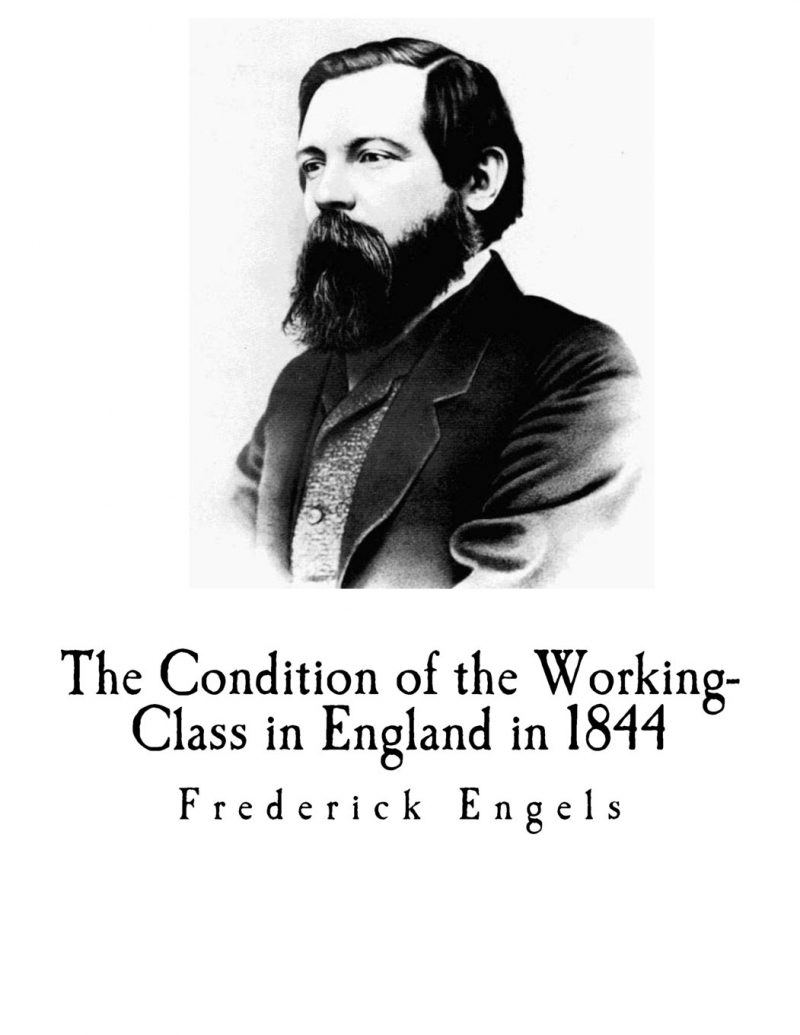The Condition of the Working-Class in England in 1844
German philosopher, social scientist, journalist, and businessman Friedrich Engels. Together with Karl Marx, he created the Marxist ideology. He wrote The Condition of the Working-Class in England in 1844, based on his own experiences and investigation in Manchester. The book is among the best books on industrial revolution.
The development of the steam engine and cotton-working machinery in the latter part of the 20th century marks the beginning of the proletariat's history in England. As is generally known, these discoveries led to the industrial revolution, which fundamentally transformed civil society and whose historical significance is only now being realized.
England is the traditional home of this transformation, which was all the more powerful the more subtly it occurred; as a result, England is the traditional home of its main byproduct, the proletariat. The proletariat can only be researched in all of its relationships and perspectives in England. The past of this revolution or its immense significance for the present and the future are not issues that need to be addressed right now. Such a distinction must wait for a later, more thorough work. For the time being, we must keep our discussion to what is absolutely necessary to explain the facts that follow and the current situation of the English proletariat.
Author: Friedrich Engels
Link to buy: https://www.amazon.com/dp/1986518604
Ratings: 4.7 out of 5 stars (from 250 reviews)
Best Sellers Rank: #2,717,677 in Books
#4,360 in Communism & Socialism (Books)
#7,261 in Political Philosophy (Books)
#13,148 in History & Theory of Politics










